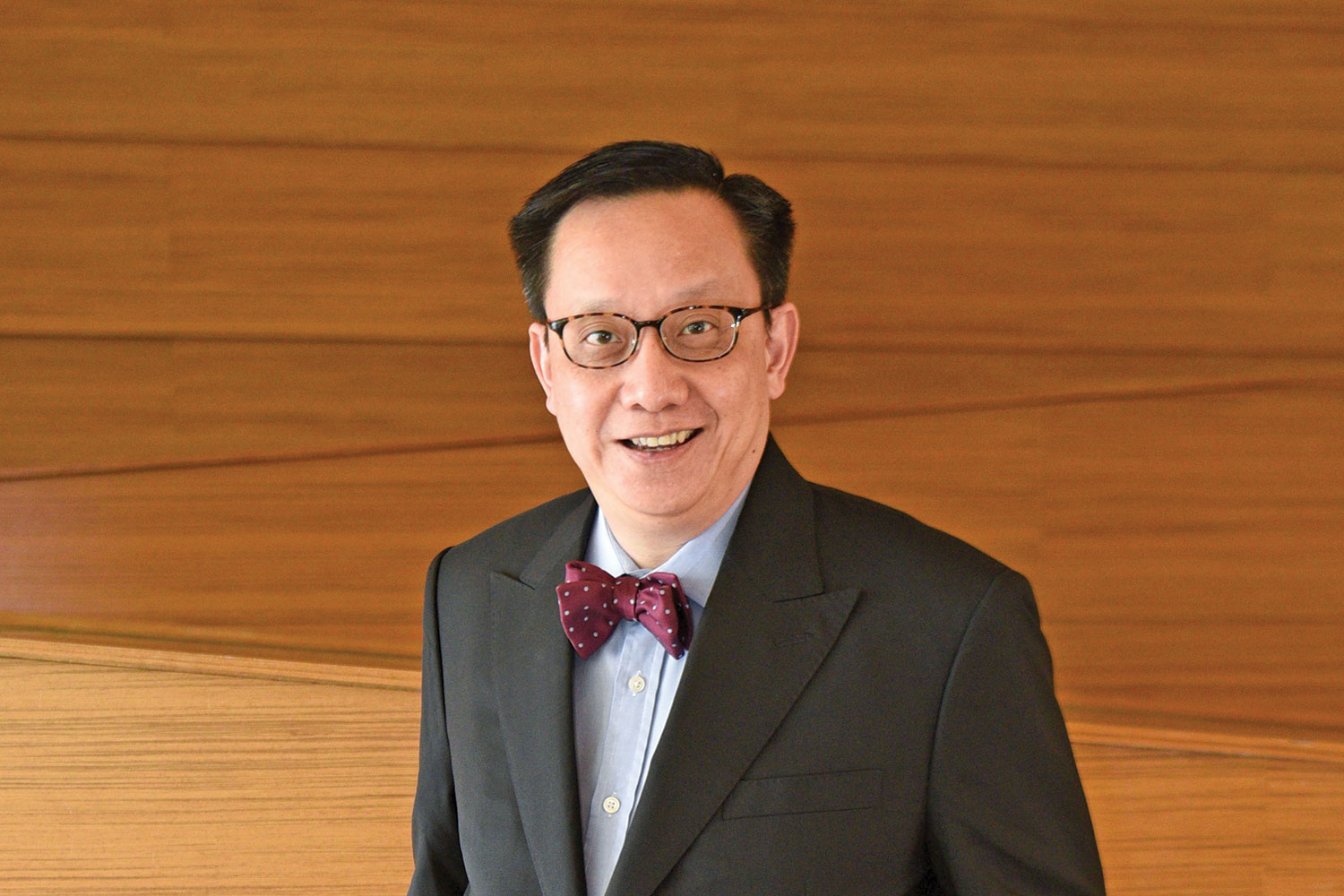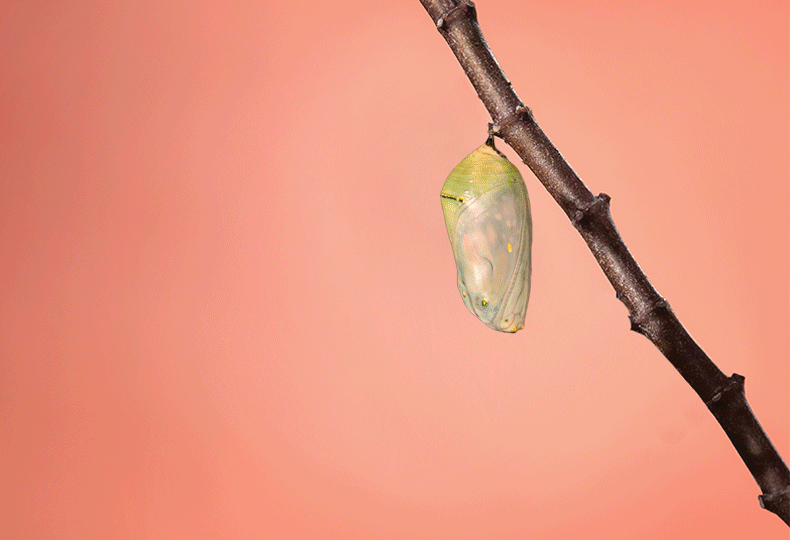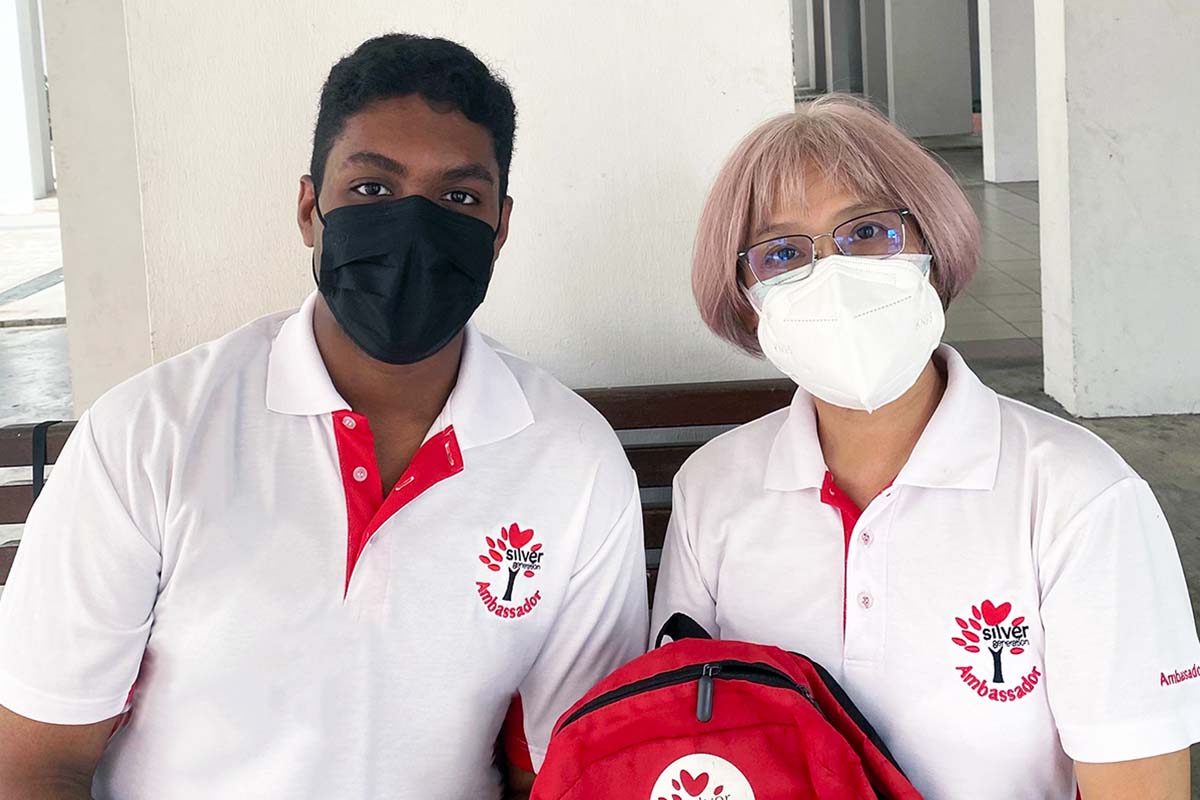
Issue 41 / February 2022
Dean’s Message

Dear Reader,
“I
t was the best of times, it was the worst of times, it was the age of wisdom, it was the age of foolishness, it was the epoch of belief, it was the epoch of incredulity, it was the season of light, it was the season of darkness, it was the spring of hope, it was the winter of despair.” Charles Dickens’ famous opening lines in his novel A Tale of Two Cities may well sum up 2021 for many of us struggling to cope with the unprecedented changes and upheavals brought about by the pandemic.
I am glad and grateful therefore to report that 2021 has on the whole, been another good year for the Yong Loo Lin School of Medicine. We graduated the Class of 2021, many of whom found themselves quickly drawn into work alongside their very busy healthcare colleagues in hospital wards and clinics. We are well advanced in the development and use of digital technology to enhance the teaching of undergraduate and postgraduate courses. Some of this innovation is being done in partnership with internationally renowned tech companies and I will share more about this in my next message.
We also celebrate the drive and ingenuity of our students, in this instance, that of Mr Joseph Zhao, Mr Teo Chong Boon, Mr Benjamin Tan and Mr Dominic Yap. Using a novel algorithm that they devised, the students and researchers here and at the National University Cancer Institute, Singapore have identified a group of stomach cancer patients who may not benefit from undergoing joint immunotherapy-chemotherapy treatment. The NUS Medicine team’s finding means such patients can potentially be spared unnecessary treatment side effects as well as high treatment costs, even though recent clinical studies indicate that patients with stomach cancer treated with a combination of immunotherapy and chemotherapy have a higher survival rate compared to those who were treated with chemotherapy alone.
In the study published in the Journal of Clinical Oncology, fifth-year medical students Joseph, Chong Boon, Benjamin and third-year medical student Dominic, led by Assistant Professor Raghav Sundar, Consultant, Department of Haematology-Oncology at the National University Cancer Institute, Singapore, and the Department of Medicine at NUS Medicine, developed KMSubtraction to retrieve unreported subgroup survival data of patients who derived no benefit from adding immunotherapy to their cancer treatment options. Immunotherapy is a new class of drugs that have shown significant benefit in some cancer types. It redirects the body’s own immune system to target cancer cells in the body, harnessing the body’s innate ability to distinguish between cancer and healthy cells.
KMSubtraction effectively streamlines the process of having to reach out to senior authors of major studies to request for new analyses to be performed. To demonstrate the robustness of the new algorithm and explore its limits of error, the algorithm was validated with over 500,000 simulations. The implementation of KMSubtraction in these trials resulted in new findings confirming that more than 20% of the patient population will not benefit from the addition of immunotherapy into chemotherapy regimen. Instead, they could possibly be enrolled into clinical trials with newer agents, and spared the side effects and high costs of immunotherapy drugs.
Joseph says that, “As medical students, we learn to treat patients with various diseases, with the focus on helping them at the individual patient level. Conversely, research utilising such biostatistical coding techniques allow us to contribute to patient care on a larger scale.”
The team’s supervisor, Assistant Professor Raghav Sundar affirms the efforts and enterprising spirit of the students in coming up with this new algorithm and says, “The students have demonstrated phenomenal drive, ingenuity, innovativeness and the willingness to learn throughout this project. Eventually, the team hopes that the derived data from KMSubtraction will be fit for use in other fields as well to inform clinical decision-making to benefit patients and improve the overall cost-effectiveness of care.”
It was a good year also for our scientists: congratulations to Professor Barry Halliwell (Citation Laureates 2021 for Chemistry), Associate Professor Too Heng-Phon (President’s Technology Award 2021), and Associate Professor Christopher Chen, Professor Dario Campana, Professor Goh Boon Cher, all Singapore Translational Research Investigator Award 2021 winners.
Darkness and light, despair and hope. As 2021 draws to a close, I am glad to be able to share the good that has been achieved by our students and staff here at NUS Medicine. Their accomplishments have helped to push back against the gloom and along the way, they remind us that better days lie ahead.
Yours sincerely,

Chong Yap Seng




